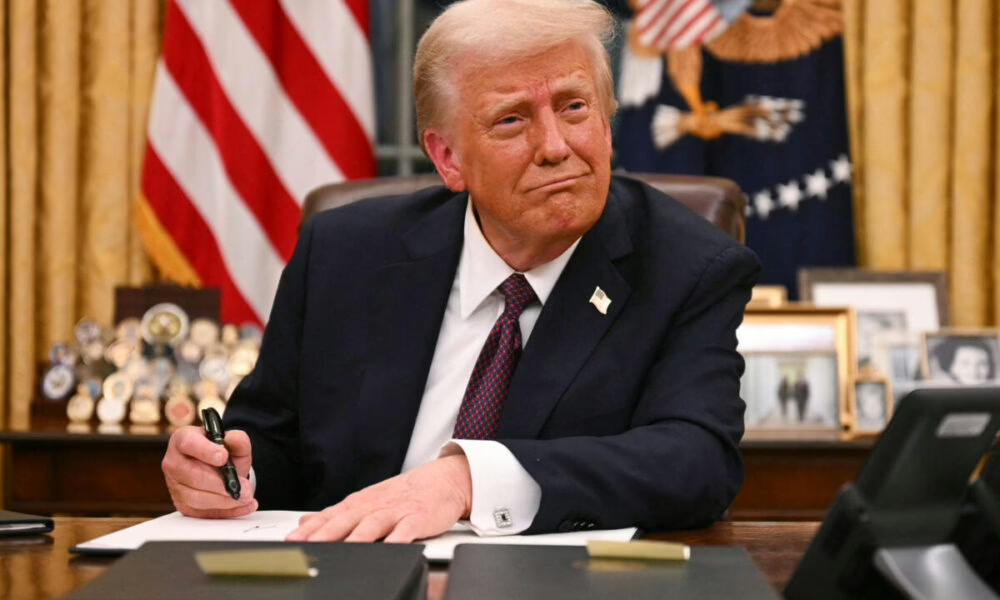Investments in Nigeria’s manufacturing sector dropped by N367.79bn between 2014 and 2022, an analysis of the Manufacturers Association of Nigeria’s economic reports has shown.
Data collected from various reports showed that in 2014 investors injected N691.7bn into Nigeria’s manufacturing sector, but since then investments into the sector have been on a downward spiral.
By 2019, manufacturing investments declined to N496bn and further plunged to a new low of N118.5bn in 2020, due to the Covid-19 pandemic.
The following year, however, it revamped and rose to N305.02bn and N323.98bn in 2022.
This means that between 2014 and 2022, investment in the manufacturing sector fell by 53.3 per cent.
According to the Manufacturers Association of Nigeria, investment in the sector has been greatly affected by the high debt profile of the government, which particularly deters foreign investment, high cost of borrowing and energy, and low demand during the period, among others.
In its 2023 half-yearly economic report, MAN said manufacturing sector investment in naira value increased to N192.89bn in the first half of 2023 from N178.39bn recorded in the corresponding half of 2022, indicating a N14.50bn or 8.1 per cent increase over the period.
It further increased by N47.3bn or 32.50 per cent when compared with N145.5bn recorded in the second half of the year.
However, the association noted that the increase in investment in naira value was driven by the currency devaluation, which saw the naira depreciate by 65 per cent to N901/$ at the Investor and Export Window from N462/$ before the forex market unification policy of the Central Bank of Nigeria.
Hence, the increase recorded does not indicate physical investment by manufacturers but rather a nominal one, which resulted from the devaluation of the currency that made the manufacturers pay more for plants and machinery importations.
Speaking with The PUNCH, the Chief Executive Officer of the Centre for the Promotion of Private Enterprise, Muda Yusuf, blamed persistent business headwinds for the declining investments in Nigeria’s manufacturing sector.
According to him, only targeted efforts towards reviving the manufacturing sector on the part of policymakers will address the investors’ apathy that has led to the abysmal numbers recorded in the last few years.
Yusuf said, “The reasons for the decline are obvious. The challenges in manufacturing have been quite enormous over the last few years. If you look at the headwinds, one of the most vulnerable sectors is the manufacturing sector because manufacturing consumes a lot of energy. If you look at energy, it is a major component of operating costs.
“The second major issue is the issue of forex. Most manufacturing firms are heavily import-dependent, especially for raw materials. With the current nature of the economy, any business that is import-dependent will be vulnerable.”











